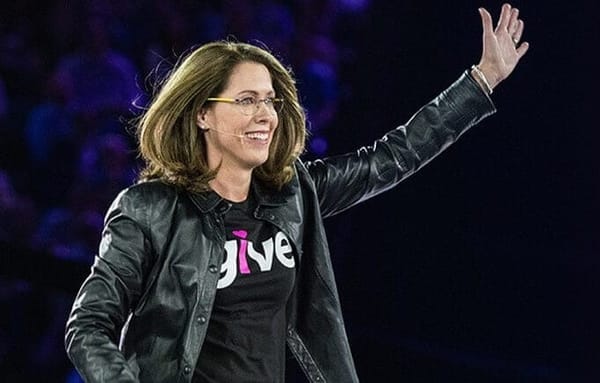Education Remains Crucial Tool of Consumer Protection, Say Panelists at FCC
WASHINGTON, September 9, 2009 – The second panel at the Federal Communications Commission’s “consumer context” panel on September 9 focused on the tools and techniques that will enable consumers to utilize new broadband-friendly applications.
WASHINGTON, September 9, 2009 – The second panel at the Federal Communications Commission’s “consumer context” panel on September 9 focused on the tools and techniques that will enable consumers to utilize new broadband-friendly applications.
The continuing growth of possible uses of the Internet brings “good stuff” to consumers; but doing so safely was a cause for discussion.
“For the past nine months, we have noticed that over 65 million people are checking their Facebook’s using their mobile devices,” Timothy Sparapani, director of the public policy for Facebook.
Do children and adolescents who post online do so with an awareness of the privacy consequences associated with doing so, panelists asked. Sparapani said that Facebook was in the process of refining its privacy disclosures for that reason.
“Children need to gain media literacy. They need the ‘rules of the road’ for the internet,” said Sparapani.
To make this possibility a reality, Alan Simpson, director of policy for Common Sense Media, said, “This calls for the funding and implementing of digital literacy.”
With the digital literacy, the lessons would include policies for security and privacy as well as policies of “authorship and authority of information found on the internet,” said Simpson. He also said that the number of students cheating on papers have increased, according to Simpson.
Educating children on broadband usage is important; however, the education has to come from a teacher or a parent.
“Technologically speaking, students are outsmarting the teachers,” said Michael McKeehan executive director of the internet and technology policy for Verizon Communications.
Finding professional educators to teach security and privacy policies a difficulty in itself; however another concern is the location of digital learning.
“Some school districts won’t take time to teach digital literacy or it would be a trade off: either give up biology or physical education in order to have a program [dedicated to the education of digital literacy],” said McKeehan.
“The most important thing is education, education, education,” said Adam Thierer, senior fellow of the Progress and Freedom Foundation.
About BroadbandCensus.com
BroadbandCensus.com was launched in January 2008, and uses “crowdsourcing” to collect the Broadband SPARC: Speeds, Prices, Availability, Reliability and Competition. The news on BroadbandCensus.com is produced by Broadband Census News LLC, a subsidiary of Broadband Census LLC that was created in July 2009.
A recent split of operations helps to clarify the mission of BroadbandCensus.com. Broadband Census Data LLC offers commercial broadband verification services to cities, states, carriers and broadband users. Created in July 2009, Broadband Census Data LLC produced a joint application in the NTIA’s Broadband Technology Opportunities Program with Virginia Tech’s eCorridors Program. In August 2009, BroadbandCensus.com released a beta map of Columbia, South Carolina, in partnership with Benedict-Allen Community Development Corporation.
Broadband Census News LLC offers daily and weekly reporting, as well as the Broadband Breakfast Club. The Broadband Breakfast Club has been inviting top experts and policy-makers to share breakfast and perspectives on broadband technology and internet policy since October 2008. Both Broadband Census News LLC and Broadband Census Data LLC are subsidiaries of Broadband Census LLC, and are organized in the Commonwealth of Virginia. About BroadbandCensus.com.







